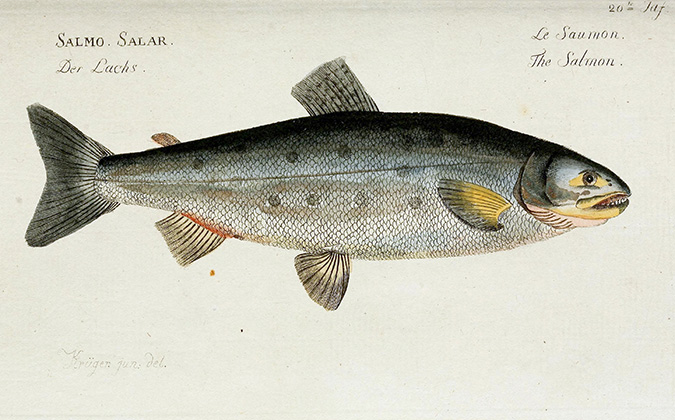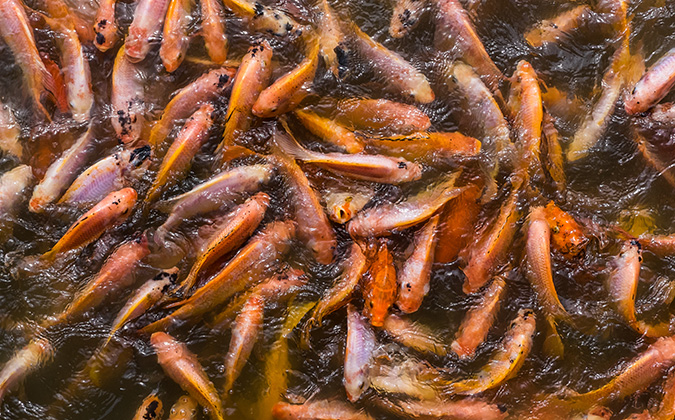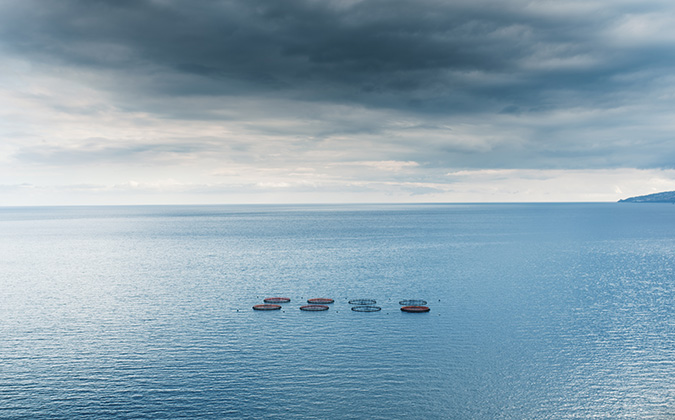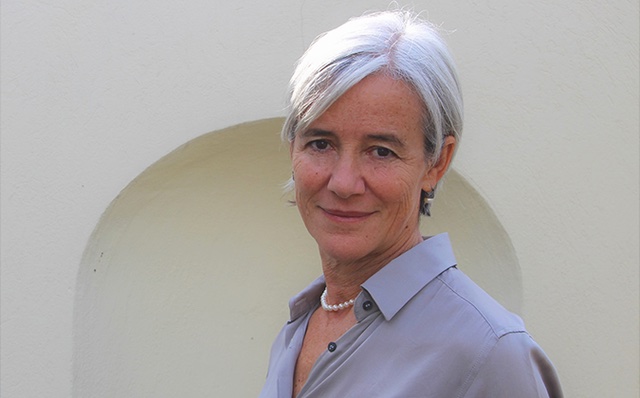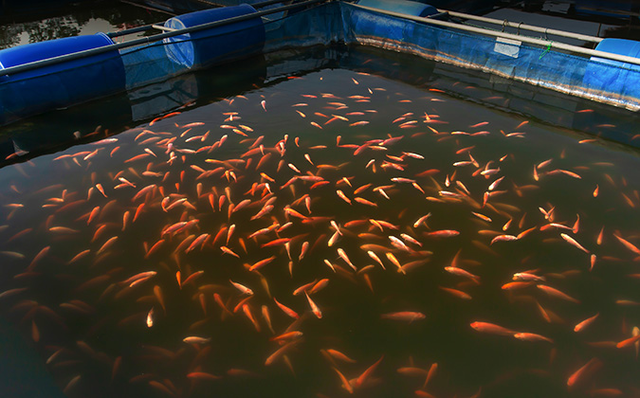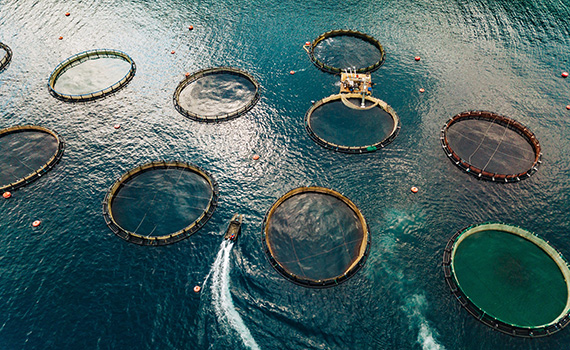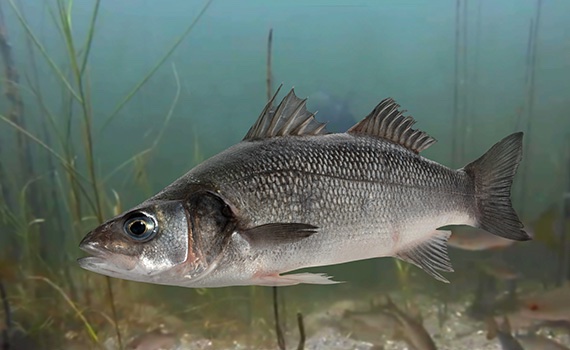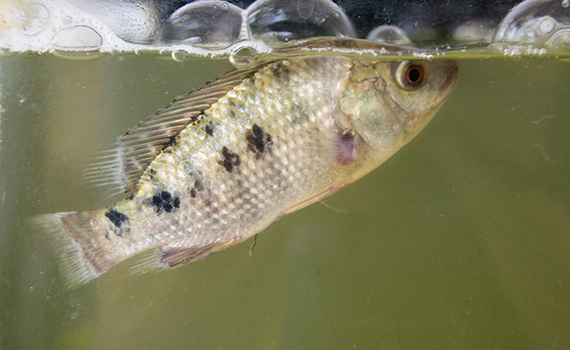Posts by Carly Feeks
Taking farmed fish welfare beyond the ‘five freedoms’
Over the last decade, a considerable body of research has demonstrated the capacity of fish to suffer – yet there remain unknowns around what causes the most serious negative impacts on their quality of life.
Read MoreTilapia strain resistant to damaging virus could help reduce losses
The discovery of a strain of Nile tilapia resistant to tilapia lake virus (TiLV) may prove useful in the fight to reduce the impact of the pathogen, which has emerged in the last decade and can cause extremely high mortalities among farmed fish.
Read MoreSubmerged cages with air domes improve sea lice infestation but reduce welfare
Submerging Atlantic salmon sea cages with air domes can greatly reduce sea lice infestation levels, but this appears to come at a high cost.
Read MoreBiosecurity’s crucial role in ensuring sustainable future for global aquaculture
An interview with Vera Agostini, deputy director, Fisheries and Aquaculture Division, the Food and Agriculture Organization (FAO) of the United Nations.
Read MoreNew knowledge sheds light on bacterial threats to Asian tilapia aquaculture
A growing understanding of bacterial pathogens is highlighting the challenge Asian tilapia producers face, but good health-management practices on fish farms and new diagnostic technologies can help, says an academic expert.
Read MoreThe road to sea-lice-resistant Atlantic salmon
An interview with Diego Robledo, PhD, scientist in aquaculture genetics and genomics at the Roslin Institute in Edinburgh.
Read MoreNon-medicinal delousing approaches cause damage to salmon gill tissue
New research shows that thermal and mechanical delousing techniques used in Atlantic salmon aquaculture can cause damage to gill tissue, though the health impacts of this on farmed fish remain unknown.
Read MoreSea bass immunity to parasitic disease could lead to new treatments
No effective licensed therapies exist against amyloodiniosis, a disease of fish species caused by Amyloodinium ocellatum (AO) ectoparasites. However, new research has shown that European sea bass (ESB) can develop specific immunity to the disease, which could in turn lead to the development of vaccines.
Read MoreRAS water exchange rates could affect Nile tilapia welfare
Recirculating aquaculture systems (RAS) are often viewed as viable options for culture of certain fish species in the face of growing environmental regulations for sustainable aquaculture practices. New work from researchers at the Kwame Nkrumah University of Science & Technology in Ghana suggests that moderately high levels of water exchange in RAS provide the best…
Read More
